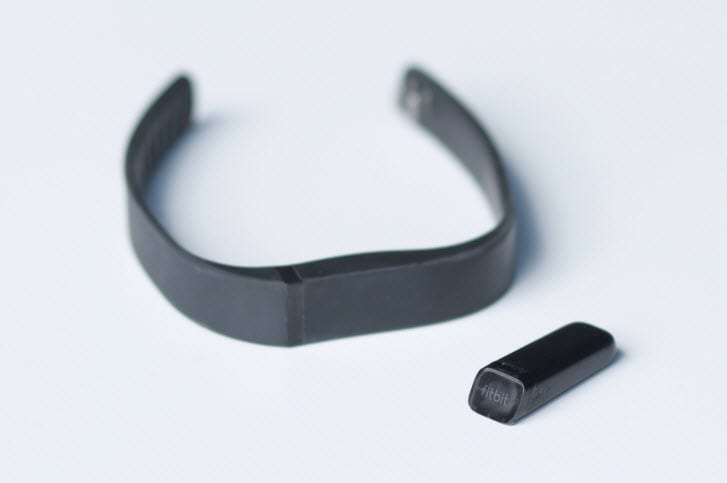Underwriter’s Labs (UL) has, for over a century, created the gold standard in safety for everything electric, and electronic as well, in modern years. That said, their recent formal announcement is sure to be championed by even the most modern of tech fans. What UL is doing, is creating standards for the ever growing field of wearable technology. The estimated release date for these standards is set for early 2016. Chances are, if you are reading this post, you already know what wearable technology is.

If you are not aware, the Fitbit monitor falls in to this category. A Fitbit is a wearable medical device that monitors various statistics about your body, including heart rate, sleep cycles, and activity. Once it gathers this information, it transmits this data wirelessly to smartphones and computers, so you may keep track of it. The Fitbit is only one of the devices considered to be wearable technology.
Wearable tech gadgets take advantage of current technology, in an attempt to advance the quality of human life. Unlike the old days (5 years ago), users can get instant feedback on health, instead of having to download it manually from the device at the end of the day. These types of devices are in a category called the Internet of Things (IoT). The problem is, as with any wireless connection, you run the risk of having the information intercepted.
For many years, technology has outpaced regulation. Technology changes so quickly in the field, that it is almost impossible for the government to keep up. Wearable tech falls under the jurisdiction of the FDA, because of the medical applications. The FDA in January announced they had no intention of examining devices that they considered to be “low-risk general wellness products”. That is when UL expressed an interest to create industry standards.
It is honestly great to hear that an organization with the reputation of UL wants to raise the bar. In a recent interview, the chief engineer over wearable tech at UL, Anura Fernando, stated their goal is to “begin to raise the bar for how security should be addressed…and establish a minimal baseline for what should be addressed much like we did with electricity 120 years ago.” and to “reach the point [of certifying IoT data security] without having to second-guess it.” There are indeed many privacy issues that could potentially cause problems for a user’s privacy.
In a growing world where data mining and wearable devices are becoming common, privacy protection becomes more and more important. Kudos to UL for stepping up to the plate on wearable tech and for giving us real and concrete standards in a timely manner. Hopefully, they will fill other gaps like this in technology. With a track record of 121 years, perhaps they could give the US government a few tips on how to protect it’s citizens.
